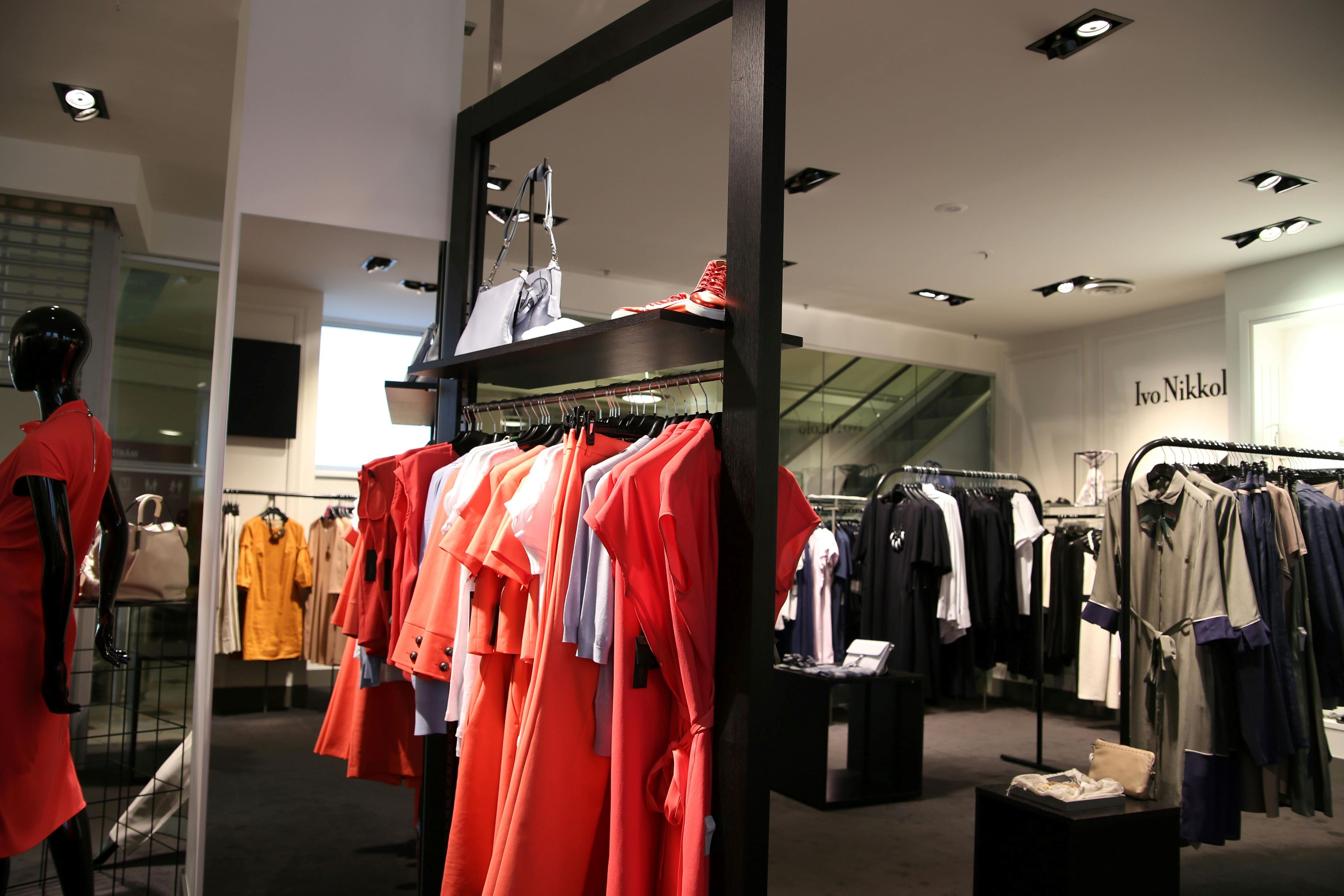Visa Stock Analysis: Is Visa a Strong Opportunity Ahead of Q4 Earnings?
$325.48
28 Jan 2026, 19:25

Pexels.com

Unexpected Growth in Retail Sales Signals Economic Strength
The UK retail sector received an unexpected boost in January, with sales rising 1.7%, significantly outperforming the 0.3% growth forecasted by economists. This marks the first increase in five months, following a 0.6% decline in December, according to data from the Office for National Statistics (ONS).
Food Sales Drive Retail Growth, but Non-Food Struggles
While household spending on essentials contributed to the retail rebound, discretionary spending on fashion and other goods remains weak, reflecting ongoing cost-of-living concerns.
Consumer Confidence Rises Amid Wage Increases and Interest Rate Cuts
Alongside strong retail data, consumer sentiment also improved, according to a report from GFK:
Neil Bellamy, Consumer Insights Director at GFK, commented: “The biggest improvement is in how consumers see their personal finances for the coming year, moving out of negative territory for the first time in a while.”
Economic Implications: How Retail Growth Could Impact the Market
Conclusion: What This Means for the Economy and Investors
The unexpected retail surge is a positive sign for the UK economy, suggesting that consumer spending could help sustain economic growth in 2025. However, with non-essential spending still weak, the full recovery remains uncertain.
For investors, retail and consumer-focused stocks may see increased activity, especially in the food and essentials sector. Meanwhile, fashion and non-food retailers may need to adjust strategies to entice cautious consumers.
Moving forward, government policies, interest rates, and inflation trends will play a key role in determining whether this retail recovery is sustainable or short-lived.
Sources: (Sky.com, ChatGPT)